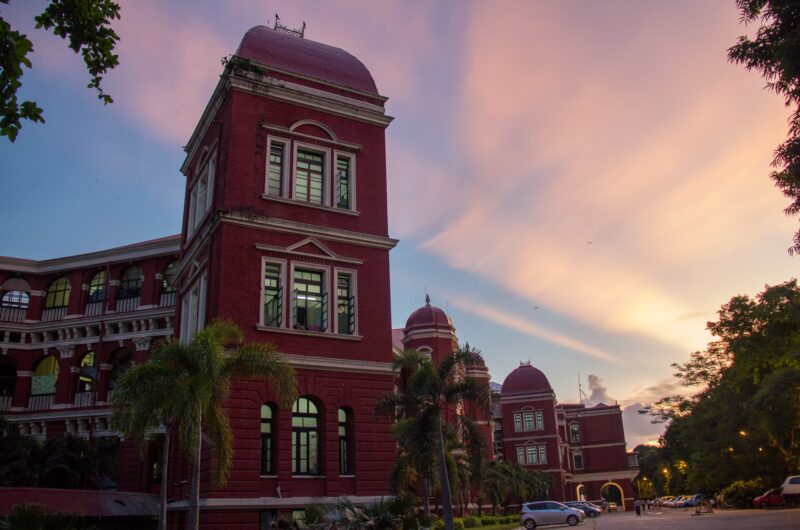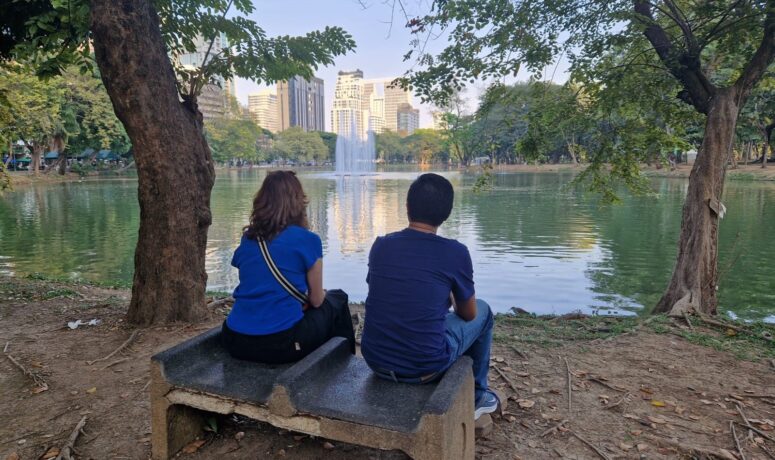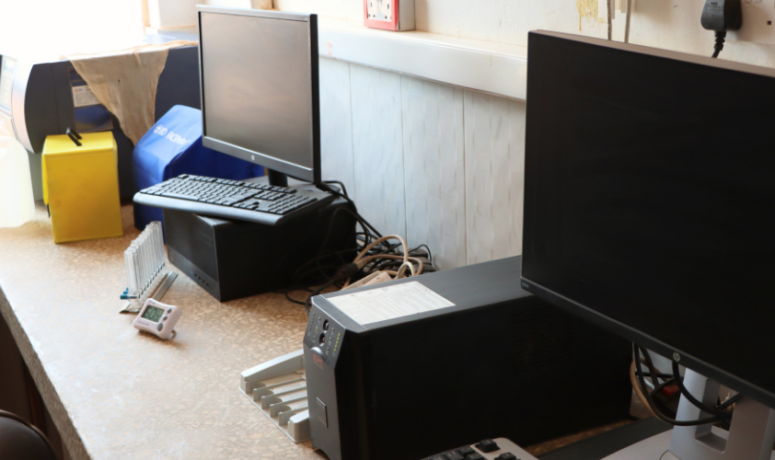Since the military coup in February 2021 there has been widespread and complex disruption to Myanmar’s health services. Most Burmese health service providers, including doctors, nurses and allied health professionals boycotted state-run hospitals in a movement called Civil Disobedience Movement (CDM), and many have not been able to, or have chosen not to, return to their workplaces under military rule.
The uncertain political situation made health partnership activities difficult or impossible, with development assistance programmes and health projects with international organisations halted, including the Cambridge Yangon Trauma Intervention Partnership (CYTIP), which had to be put on hold.
Compounding this, Myanmar was hit hard by the Covid-19 pandemic and the armed conflicts in ethnic controlled areas such as Kayin, Karenni, Chin and Kachin states, as well as in Magway and Sagaing regions. With health services at public health hospitals severely disrupted, healthcare professionals across Myanmar face enormous challenges and pressures.
Myanmar health projects
In spite of the challenges, health professionals involved in health partnerships between the UK and Myanmar joined together in solidarity to continue supporting healthcare colleagues in Myanmar to provide services. Guided by the principles of medical neutrality, more than 50 organisations and individuals are involved in the Health Partnerships for Myanmar group, working together in four areas: medical education and quality improvement, communications, advocacy, and fundraising.
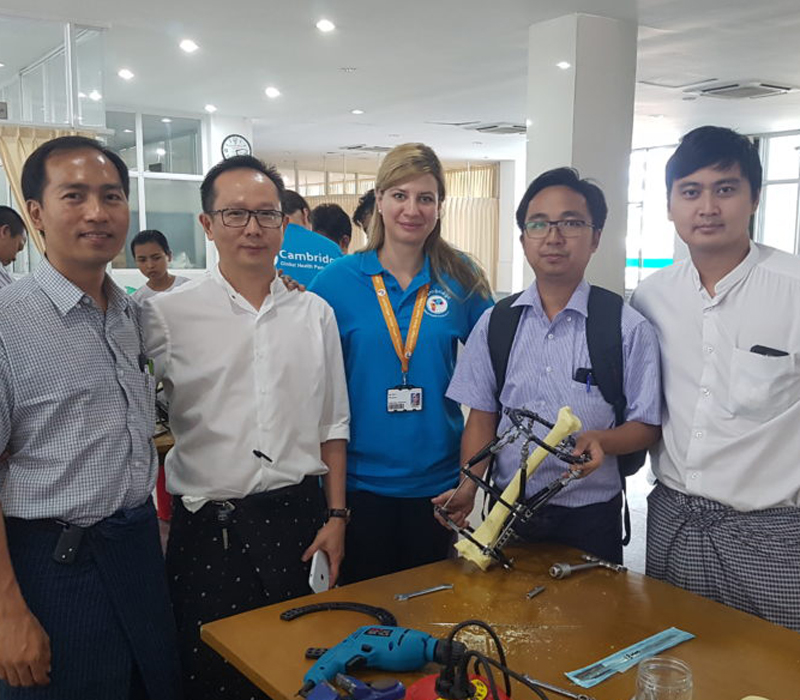
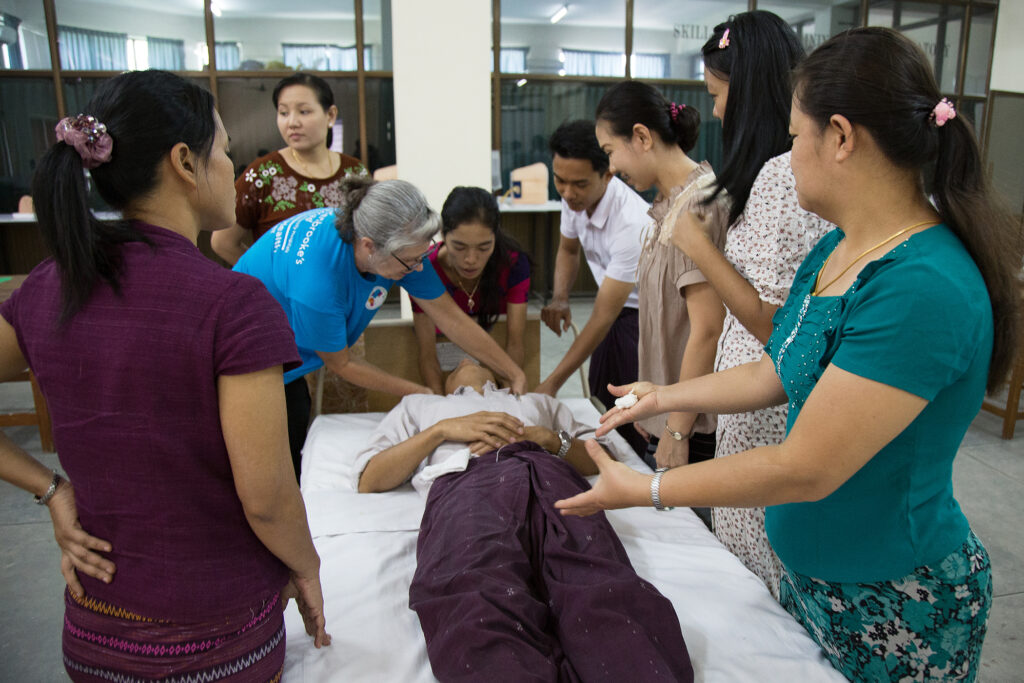
Past projects
Video Tutorials
In Myanmar, many medical schools, emergency care settings and public hospitals closed after the coup. CGHP – in conjunction with the Royal College of Paediatrician and Child Health (RCPCH) – supported the making of short, social media-friendly teaching and clinical management videos that could be watched by healthcare professionals in Myanmar.
The low bandwidth short videos were uploaded to YouTube and shared on Facebook and Telegram to help medical students and healthcare professionals to manage emergency cases on the frontline of conflict.
The video tutorial project enabled Burmese diaspora and NHS staff to exchange learning and experiences. It also enabled Burmese healthcare professionals and UK healthcare professionals to work collaboratively, improving team working across the NHS. Some of the videos were edited for use in Ukraine, to support the health workers there.
In total the project team:
- created and uploaded 136 videos,
- covered six medical and surgery specialist areas,
- involved nearly 30 Burmese diaspora and UK doctors and nurses
The videos have been viewed nearly 40,000 time and continue to be used.
Saving Mothers at Delivery
This project focused on improving the knowledge, skills and confidence of healthcare professionals providing obstetric emergency care. It was run by Global Health Partnerships (formally THET), with support from Johnson and Johnson Foundation. CGHP supported the obstetric training component, and the World Federation of Societies of Anaesthesiologists (WFSA) supported the anaesthesia training component.
The training programme targeted private and charitable health facilities, as well as some ethnic health facilities based in Myanmar. CGHP worked with volunteer NHS specialists and consultants in Obstetrics and Gynaecology (O&G).
The team began developing training materials for obstetric emergency online tutorials in late 2023, and a virtual training course on advanced emergency obstetrics for health professionals from Myanmar took place in 2024. It included Basic Emergency Obstetrics and Newborn Care training (BEmONC) and Multidisciplinary Team (MDT) Approaches in Managing Obstetric Emergencies. Following the course, participants received hands-on support from O&G mentors based in Myanmar for practical aspects of managing emergency obstetric cases.
Cambridge Yangon Trauma Intervention Partnership (CYTIP)
Inspired by Dr Thinn Thinn Hlaing, a Burmese doctor living in the UK, this partnership was set up in 2013 to address Myanmar’s devastatingly high volume of trauma cases – the majority of which are linked to road traffic accidents. Improving patient care from the point of injury through to rehabilitation, the train-the-trainer model helped 1,000 health professionals in Myanmar acquire new trauma management skills and enabled multidisciplinary teams to work together. Partners in Yangon also worked with the Cambridge team to develop a new national trauma pathway, to improve patient outcomes following trauma.
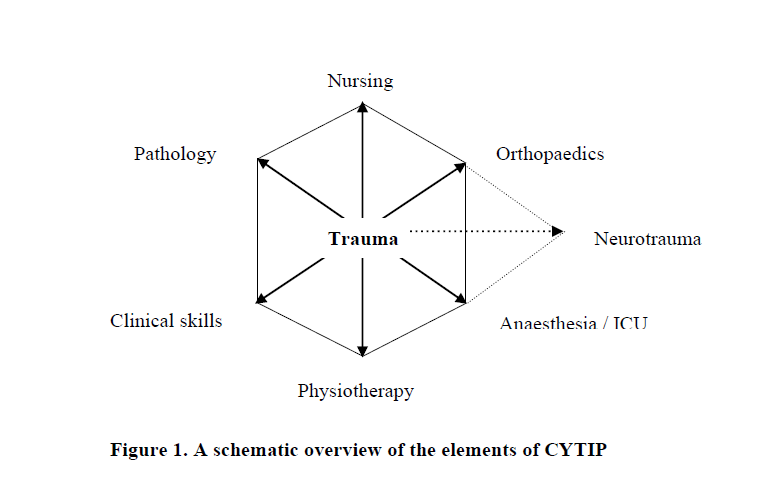
Interested in getting involved?
Head to our becoming a member or becoming a partner pages to see how to get involved.
“We are really appreciative of what Cambridge clinicians are able to offer our own health professionals as we strive and invest to ensure safer and better care for all patients in our country. We hope that the friendship between the Ministry of Health, Myanmar, and Cambridge will continue to thrive for our mutual benefit and understanding, to uplift the health status of the people living in Myanmar.”
Professor Pe Thet Khin Minister of Health, Myanmar 2014


